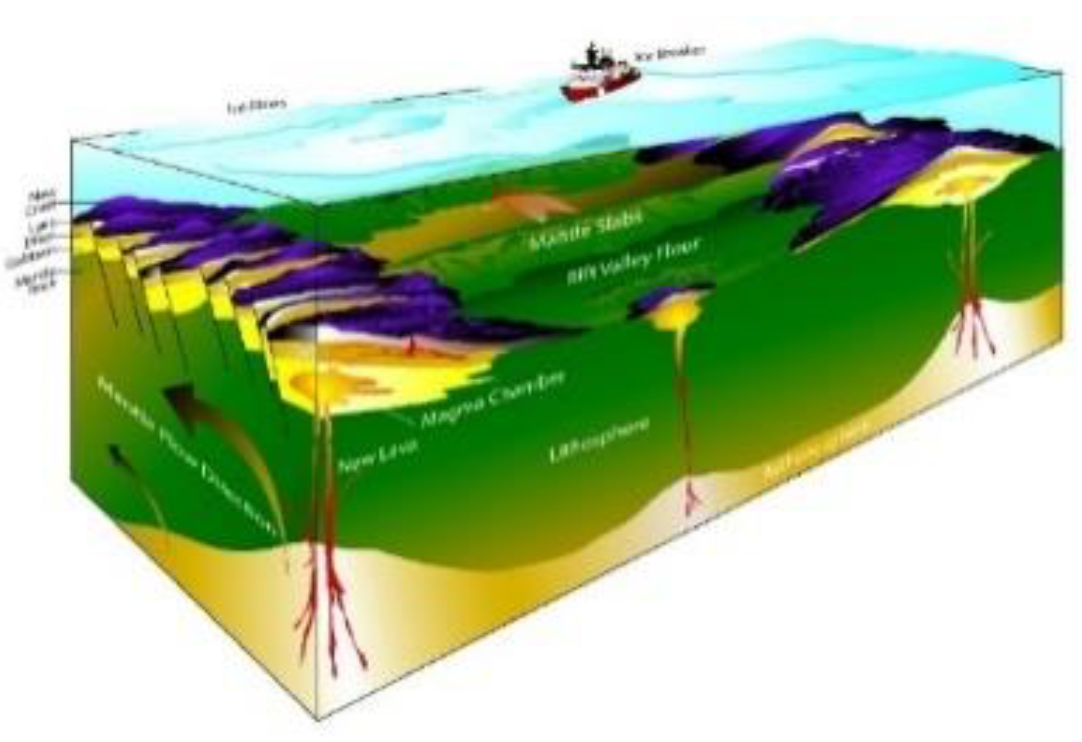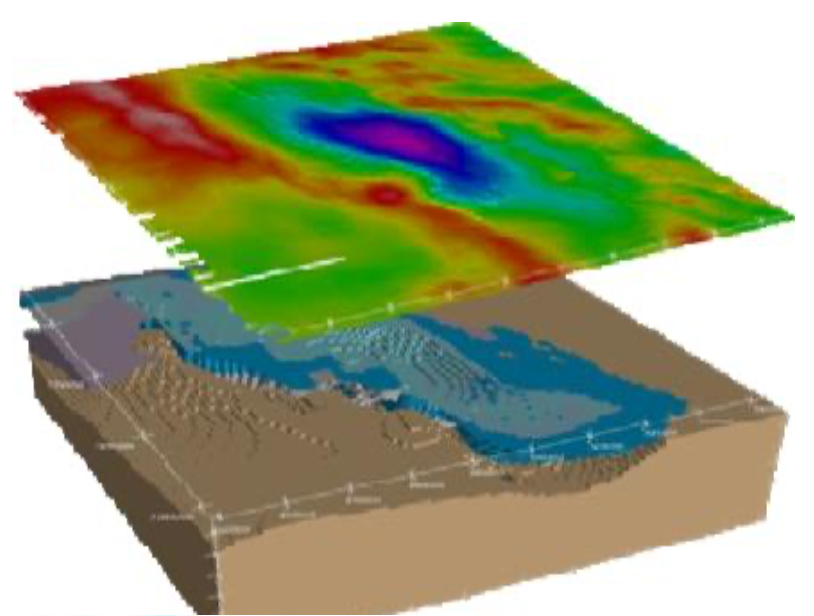Capabilities
-
Review of existing geological data, satellite image and topographic maps.
-
Integration of data sets to create a preliminary, GIS-based geological model.
-
Assessment of potential geological and geomorphologic hazards.
-
Probabilistic fault displacement hazard assessment.
-
Probabilistic and deterministic seismic hazard assessment.
-
Ground motion attenuation equation development.
-
Design ground motion and time history development.
-
Site response analyses (1D, 2D, 3D, linear, linear-equivalent, non-linear).
-
Ore deposits investigation and evaluation.
-
Natural terrain hazard evaluations (landslides, settlement, slope stability).
-
Shallow seismic refraction tomography and MASW survey.
-
Micro tremor and noise background survey.
-
Borehole geophysical logging (cross hole seismic, resistivity, gamma, neutron, .. etc.).
-
Land magnetic and microgravimetric survey.
-
Ground penetrating radar (GPR) and electromagnetic survey techniques.
-
Electric resistivity tomography (ERT) and electric imaging (VES, 2D, and 3D).
-
Self-potential (SP) survey.
Applications
-
Pipelines and other linear projects.
-
LNG terminals, nuclear power plants, and other critical facilities.
-
Tunnels.
-
Dams, levees, and water retention structures.
Benefits
-
Clear understanding of your requirements.
-
Global presence with local expertise in most regions.
-
Wide spectrum of services and technologies, delivering the optimal solution from a single contract Help to reduce ground risk, saving both schedule and life cycle cost.


